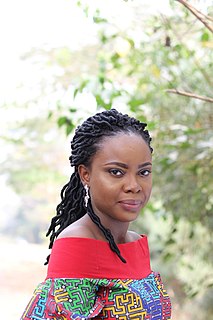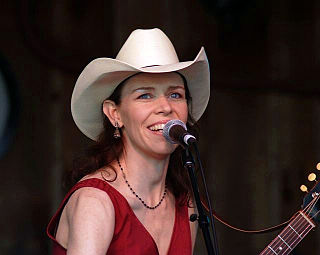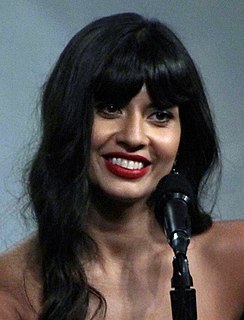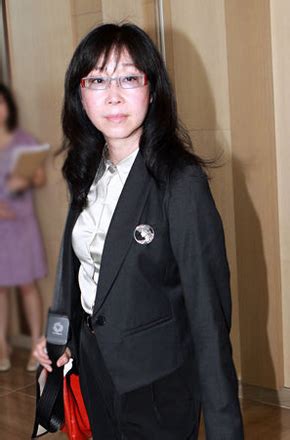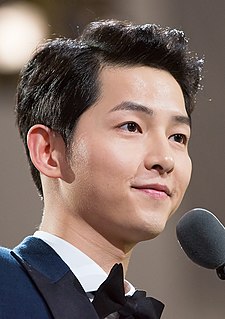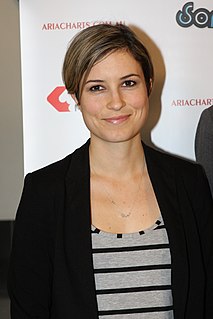A Quote by Ayobami Adebayo
My mother has a lot of sisters. They had very, very interesting conversations. Because I was a quiet child, I would sit in the room and listen to these stories. I think I developed a curiosity about the life of other people from that, and an interest in looking at what was lying beneath the layer of what people present in public.
Related Quotes
When you're looking for stories or movies usually the great stories are about people in their 30s or 40s because they've lived more life and they're usually accomplishing more incredible things. But when there's an interesting story about someone that's your age, you immediately - especially when you're younger - are like, "Wow that's crazy! There's not very many of these."
I think I've owned all the models of iPods so far. And these days between my iPod, iPhone and my personal laptop computer, I'm someone who is very, very grateful for all the ways to listen to music and completely switch off from people around me and listen to the music in detail, which is very hard to do if you're in a room with other people.
I was very curious, that's why I think my reality TV seems normal. I watch a lot of reality TV because I am so interested in people and observing people. From a very young age I can remember watching a woman with a guy and she's rolling her eyes and he's pleading with her and I would think, she doesn't want to be with him, he's in love with her, she likes this other guy and I would make up these stories in my head about these people. That helps me sort of profile people and that is a key to being able to read people.
Also, when we did "Smallville," we didn't have an opportunity to interact with people who watched the show. And see what they had to say and listen to criticism and listen to praise at the same time. So a lot of this is a new experience and it's very interesting and rewarding for us. I think we get honest feedback. You get hate. You get a lot of love as well. And I'm actually very curious what people think of the show. For us, it's been a passion project of ours, and an incredibly challenging show to make.
We are opinionated society. We're very happy to spout forth our own views; we're not good about listening. We have to listen to other's stories. Learn to listen to the stories of the terrorists just as we hope that they will listen to ours because very often these narratives express frustrations, fears, and anxieties that most societies can safely ignore.
Occasionally, on screen, Barbara [Stanwyck] had a wary, watchful quality about her that I've noticed in other people who had bad childhoods; they tend to keep an eye on life because they don't think it can be trusted. After her mother was killed by a streetcar, she had been raised in Brooklyn by her sisters, and from things she said, I believe she had been abused as a child. She had lived an entirely different life than mine, that's for sure, which is one reason I found her so fascinating. I think her early life was one reason she had such authenticity as an actress, and as a person.
We exchanged a couple of ideas and stuff like that, but that's about it. I just think ... consulting on 'Tintin' was very interesting because you try to ... not educate, but inform the animators [about] what the lighting looks like, but [in the end] they do it themselves. I don't actually go and sit there with them. [We] just had a couple of conversations.
Things would hurt me in a big way because I didn't seem to have a very thick layer of skin, but this also meant I had extreme empathy for other people. I think perhaps that's what makes my songs hit home for some people, because I've tried to see the world through their eyes and I recognise- even just for a second- that we all ultimately are struggling with the same things.
